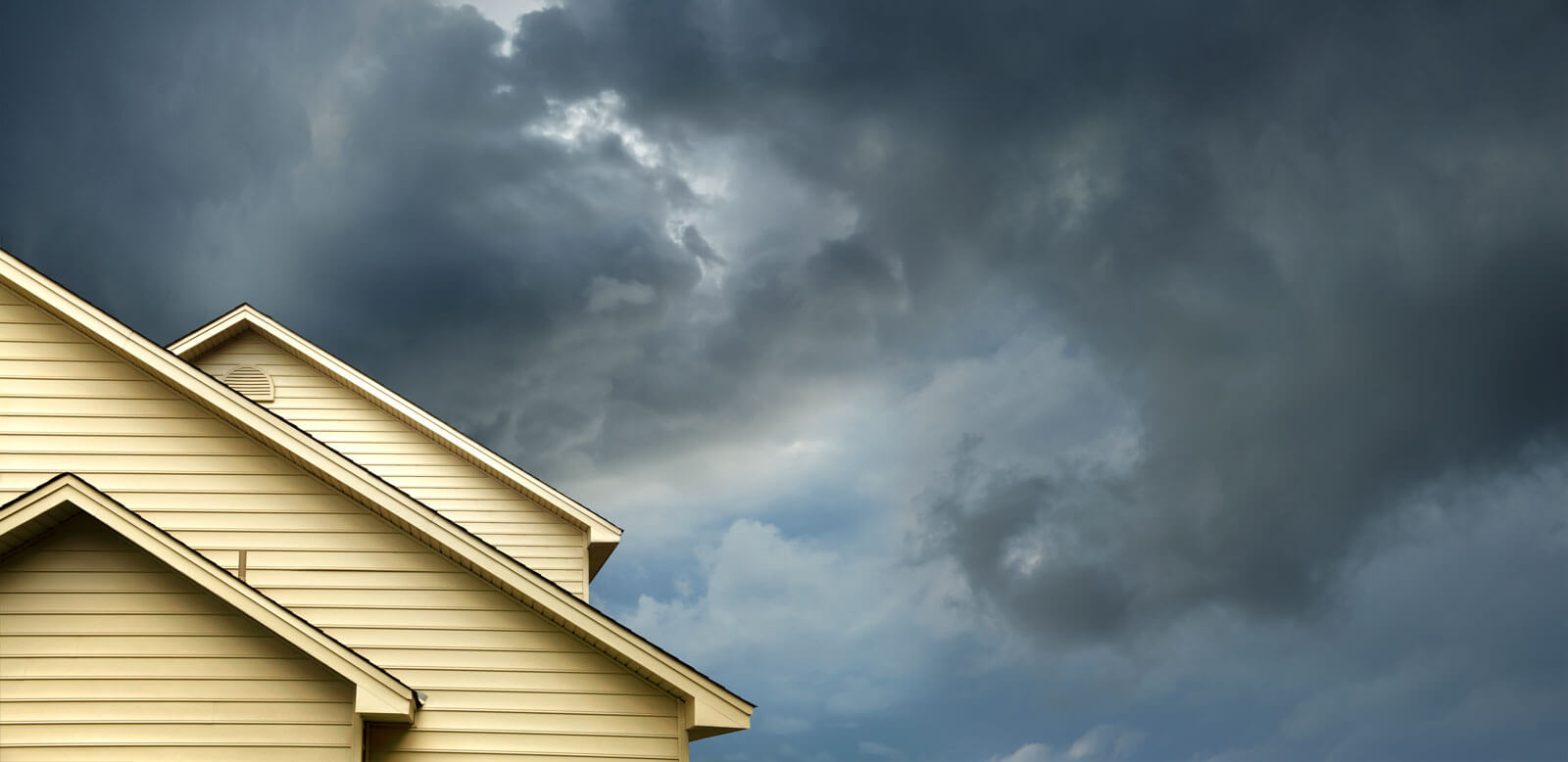
Understanding your insurance coverage when lightning strikes
November 4, 2020 — Homeowner insights | Insurance insights
Now that you live on your own, you’re old enough that you don’t run into your parent’s room frightened when lightning strikes, but that doesn’t mean you don’t have your own set of grownup worries. Understanding the extent to which your home and property are covered in the event of a lightning strike is one way you can keep your concerns at bay.
Understanding your insurance coverage can feel complicated, but it doesn’t have to be that way. Here are five commonly asked questions about insurance coverage and lightning damage.
Lightning strikes can cause a fire in or around your property and affect appliances, electronics, and even your home’s wiring. It may seem like there’s nothing you can do to defend against mother nature, but lightning strikes and the damage they cause are covered perils in most homeowners insurance policies – and that’s your first step to protection. It’s always helpful to read over your homeowners policy to know for sure what is covered.
A standard homeowners policy covers damage to the home, other structures (garage or shed) personal property (contents) and even trees or shrubs (limits may apply) either as a result of the lightning strike, or fire that results from a strike. Most policies also cover living expenses if you need temporary housing while your home is repaired.
Motorized vehicles, items that fly or hover, and animals are typically excluded from a homeowners policy with regards to a lightning strike. Typically, your auto insurance policy will cover your vehicles if your plan has comprehensive coverage. If you have other items not protected in your homeowners policy it might be a good idea to look into special riders, especially for your pets.
Lightning strikes are just one cause of power surges. Power surges can also be caused by problems in transmission lines, maintenance work by the electrical company, a blown fuse or faulty wiring. The damaging effects on the electronics and wiring are the result of power surges, regardless of the cause.
In the case of direct lightning strikes, which are rare, the cause of damage is evident and covered by most policies. Near miss lightning strikes that can enter homes through pipes and wires can damage appliances and electronics but are more difficult to identify. In this case, your insurance company may require a loss affidavit from a licensed professional to attest to the cause of damage.
In most cases, renters insurance will cover damage to electronics caused by a direct lightning strike to the rental unit. However, most renters insurance does not cover electrical surge damage to appliances or other similar electronic appliances. Because lightning strikes can cause power surges, near-miss lightning strikes (when property near the rental unit is struck causing a surge and damage) and the damage they cause will not be covered.
Whether you are 18 and in your first apartment or a seasoned homeowner, lightning strikes and the damage they cause are real concerns. You’ve taken the first step to protect your home and your personal property with insurance, but it might be time to take a look at any gaps in your coverage so you can rest easy at night – lightning storm or not.
